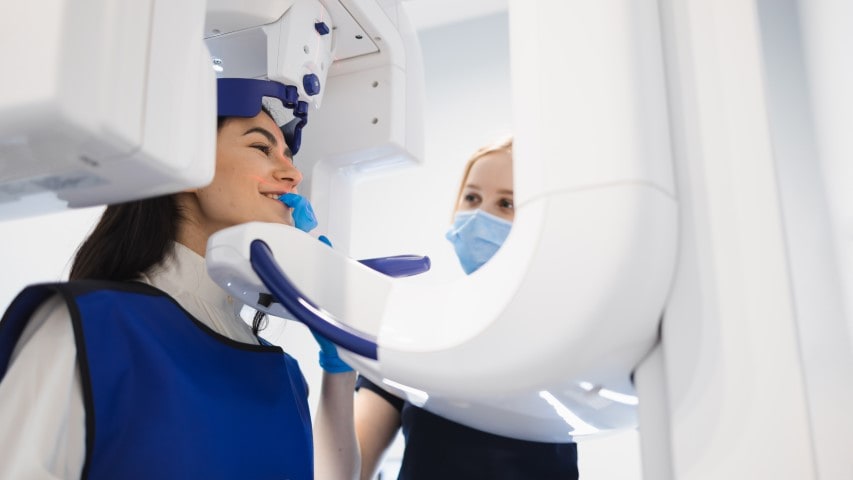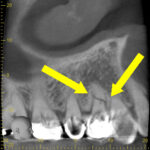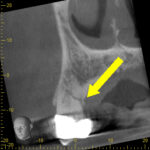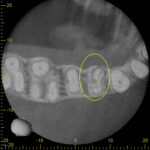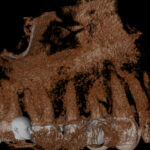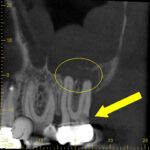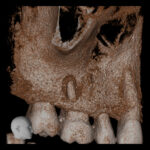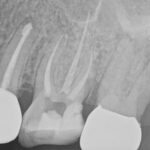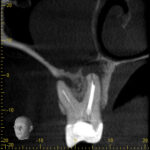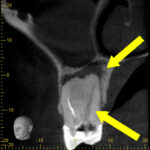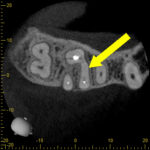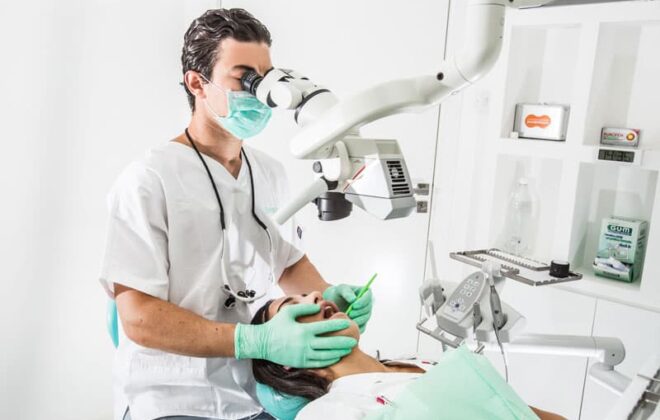Understanding The Power of CBCT Scans in Endodontics
In the ever-evolving landscape of dentistry, Cone Beam Computed Tomography (CBCT) has emerged as a revolutionary tool for endodontists. Offering 3D images of dental structures, CBCT provides unparalleled insights into oral anatomy, transforming the diagnosis and treatment planning process. Continue reading to learn more about when CBCT scans are used and understand why they are crucial for modern endodontic practice.
Click the images below to see examples of CBCT scans.
1. Complex Root Canal Anatomy
The root canal system is like a maze of tiny passages within the tooth. Traditional 2D X-rays may not always provide a complete view of these complex structures, making it challenging to identify all canals accurately. CBCT scans, on the other hand, offer a comprehensive 3D visualization, helping endodontists locate intricate canals, extra canals, or even calcified canals that may have been missed otherwise.
2. Diagnosing Endodontic Pathologies
CBCT scans play a vital role in diagnosing various endodontic pathologies, such as periapical lesions, cysts, abscesses, and resorption. With the ability to see the exact location and extent of the pathology, endodontists can formulate more targeted and effective treatment plans.
3. Treatment Planning for Complex Cases
Certain cases require precise treatment planning due to anatomical challenges, such as teeth with unusual angulations, proximity to vital structures, or cases involving dental trauma. CBCT scans enable endodontists to assess the situation comprehensively and develop a customized treatment approach that ensures successful outcomes.
4. Evaluating Root Fractures
Diagnosing root fractures can be challenging with conventional X-rays, as they often go undetected in the early stages. CBCT scans offer a superior ability to identify vertical and horizontal root fractures, aiding endodontists in making informed decisions about the tooth’s prognosis and the appropriate treatment plan.
5. Assessing Healing and Post-treatment Evaluation
After a root canal procedure, it is essential to monitor the healing progress and the quality of the treatment. CBCT scans can provide valuable insights into the healing process and help identify potential complications, ensuring that patients receive the highest standard of care throughout their treatment journey.
6. Minimally Invasive Surgery
In cases where surgical intervention is necessary, CBCT scans enable endodontists to plan and execute minimally invasive procedures with precision. This means smaller incisions, reduced post-operative discomfort, and faster recovery times for patients.
Schedule Your Appointment Today!
Looking for endodontists in the Greater Toronto Area? At York Hill Endodontics, we prioritize the latest technology to provide exceptional care. Our advanced CBCT scanning facilities, coupled with the expertise of our endodontists, ensure accurate diagnosis and treatment planning. Contact our office by clicking here or calling 416-781-5251.
